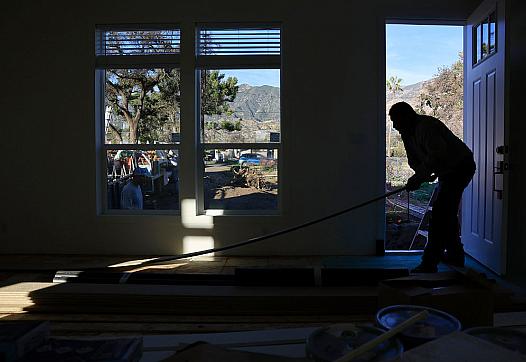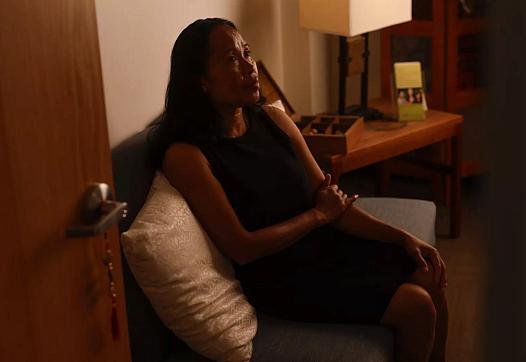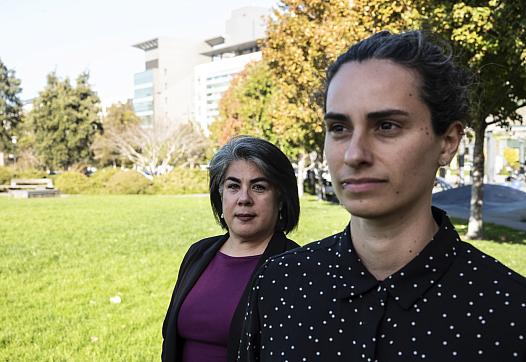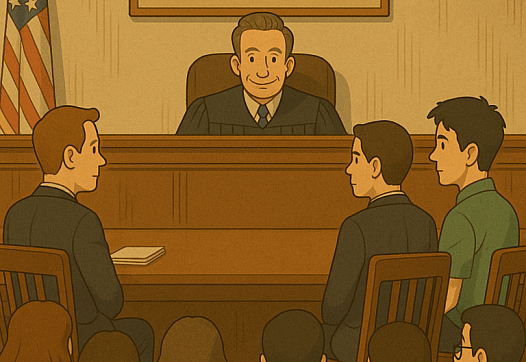
The first studies of last year’s fires have revealed some unexpected hazards of urban mega-fires.

The first studies of last year’s fires have revealed some unexpected hazards of urban mega-fires.

Fewer than a third of defendants seeking Mental Health Diversion were admitted in Butte County, California.

A Thai trafficking survivor’s recovery shows how stigma, language barriers and lack of Thai-speaking providers delay care, while community-based support can restore hope and stability.

Strategies include involving families in treatment, addressing basic needs first and incorporating Buddhist mindfulness practices within community contexts.

In L.A.’s Thai community, silence often surrounds mental illness, deepened by stigma, language barriers and fear over immigration and health care access.
Covering autism and mental health requires care, precision and humility. A reporter for the Los Angeles Times explains how she chooses language — and why words can shape understanding, stigma and safety.

Autistic youth face a significantly higher risk of suicide, often at younger ages, highlighting the need for better screening, mental health care, and community education.

As UCSF faces a hiring freeze, Spanish-language medical interpreters say severe short-staffing is jeopardizing patient care for immigrant families.
Tras las redadas migratorias y el endurecimiento de políticas en Texas, Jocelyn Rojo, de 11 años, se quitó la vida. En el norte del estado, faltan consejeros bilingües, dejando a jóvenes hispanos sin apoyo emocional.

Butte County’s Mental Health Diversion program helps defendants get treatment instead of jail, but the program is being underused, some attorneys say.